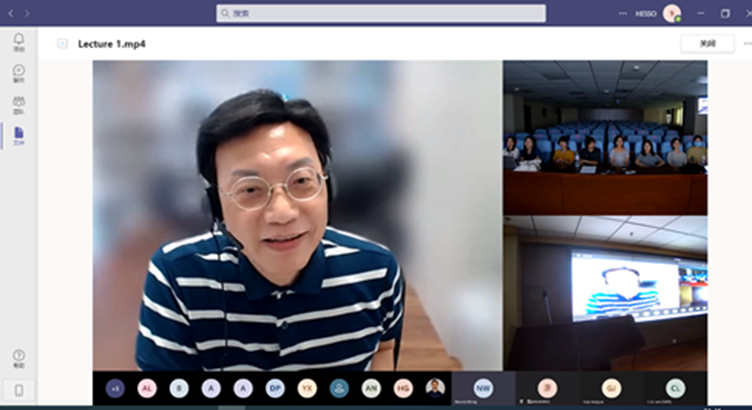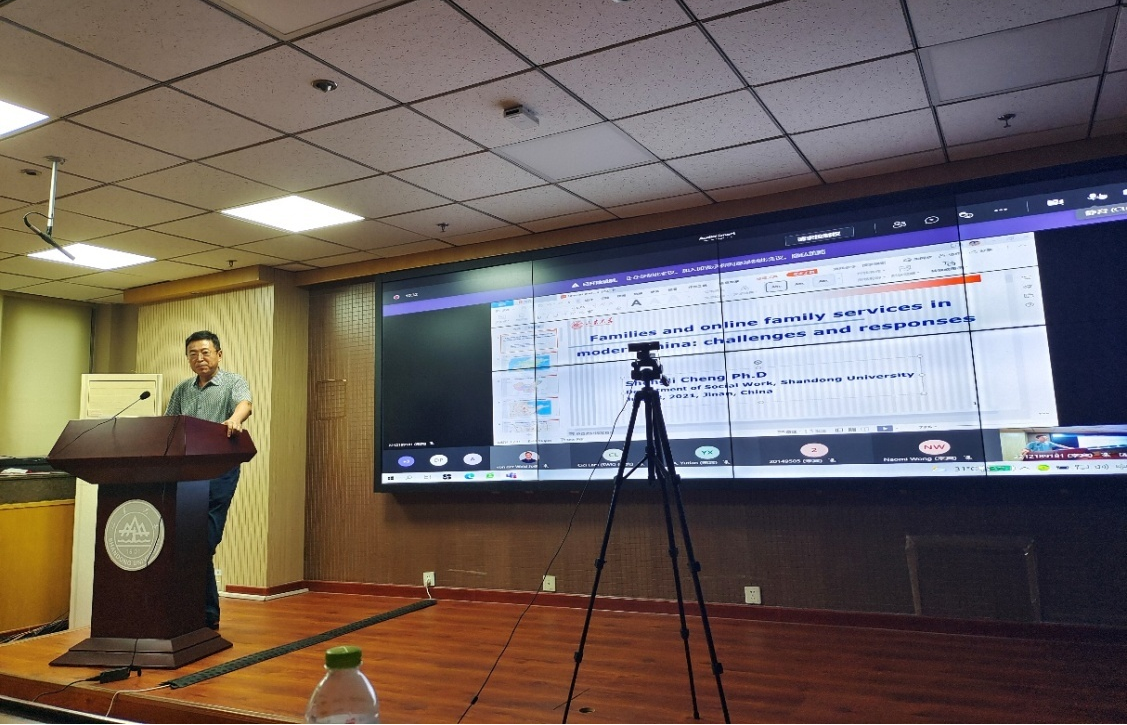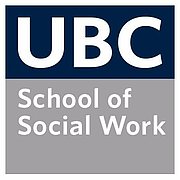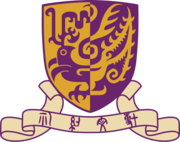-
Broaden Your Horizons in Listening and Discussion: Sidelights on Lecture 1 and Lecture 2
On the afternoon of July 12, following the opening ceremony of the Summer University, Professor Sek-yum Ngai of Hong Kong University and Professor Cheng Shengli of Shandong University offered respectively the Lecture 1 on “Capacity Building for Sustainable NGO Development: Blended Learning Experience in the Jockey Club MEL Institute Project” and the Lecture 2 “Families and Online Family Services in Modern China: Challenges and Responses”.
Professor Sek-yum Ngai starts with the social context and challenges facing NGOs, focusing on how MEL projects address these dilemmas and develop the sustainability capabilities of NGOs. The Project aims to build the capacity for a rigorous and comprehensive program evaluation, intensify the effect of social services, and enhance the ability and sustainability of NGOs. Adopting a framework of Monitoring, Evaluation, and Learning (MEL) , the project provides blended learning of seven full days of Certificate Training Course, four months of Mentored Practicum, and an Online Knowledge Hub. The feedback from participants is very encouraging. Overall, 83.2% of the participants showed an improvement in MEL knowledge and skills. In addition, 93% of participants said they developed a MEL mentality in the planning, monitoring and evaluating services, and 91.2% demonstrated the application of MEL knowledge and best practices.

In the second lesson, Professor Cheng introduced to the characteristics of Chinese families and Chinese family services. Since the implementation of the family planning policy, the age structure of population and the family structure in Chinese have undergone fundamental changes. In the process, many families have had to meet unprecedented challenges: the growing demand for care for the elderly, the increasing demand for childcare, and the difficulty of maintaining family harmony and stability.
To meet these challenges, we need comprehensive, family-friendly social policies and social services programs in China. The Internet development has made it possible to support online home education and professional social services. Especially during the COVID-19 epidemic,more and more family services and conferences related to family psychoeducation are offered online. As a result, more families are benefitted from this online delivery development. However, the most challenging one is how to ensure the effectiveness of online services.

During the two professors’ lectures, Students from various Universities raised their confusions. Such as whether the MEL project is also suitable for cultivating many social work organizations in the Chinese mainland? How long does the MEL project take from idea to practice? Can we as a visitor download some knowledge about MEL from the MEL project website? What kinds of support services are available for the education of left-behind children? What impact may China's current three-child policy have on the family care model in the future? Why is it essential to emphasize family education in the context of China? What happens to family relationships during the COVID-19 epidemic? Both Professors gave further answers to these questions.
After the lectures, students said that there are a lot of gains and inspiration. For example, a SDU student in the program of social work with disabilities was greatly inspired about the cultivation of parent organizations of persons with disabilities because some parent organizations are limited to their own knowledge and ability constraints, slow development, and MEL project for these parent organizations can play a perfect role in promoting the cultivation and development. It can enhance the organization's service capacity and sustainable development capacity, for the disabled groups to win more rights and provide better professional services. Some students mentioned that the number of older people left behind in China's rural areas is increasing, the progress and development of online family social work is in urgent need in China. As one of the summer university students, my understanding of social work has been raised to a level. I have had more contact with direct services and front-line services in the past but lack knowledge of organization and projects. Through this ISUSW study, I feel that I need to look at and analyze problems from the perspective of social work research.
In the follow-up workshop and lectures, students will certainly reap more, including their professional knowledge and oral English expression will be significantly improved. Looking forward to our next online meeting!
Reporting by Liu Zhaojiao











